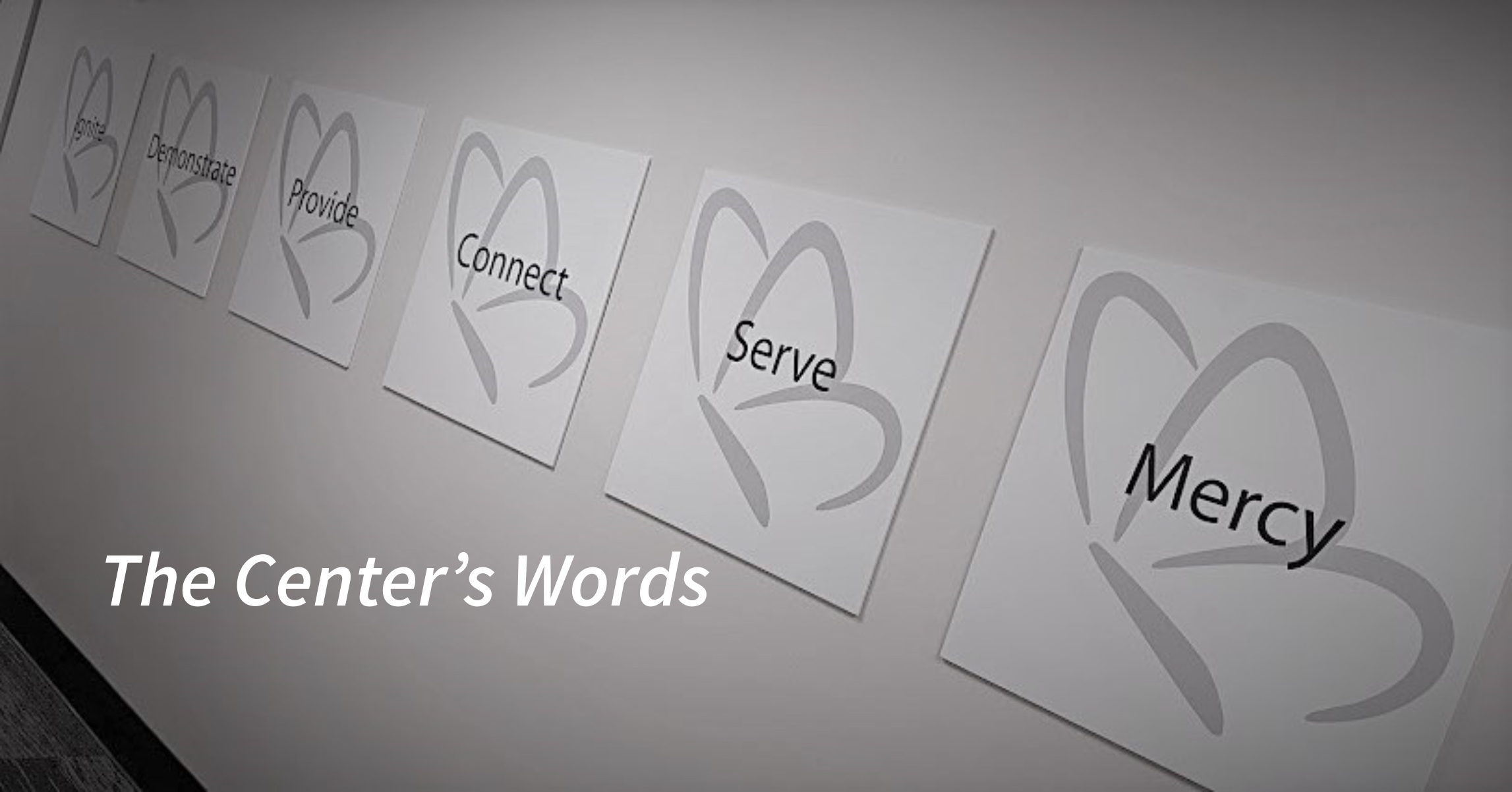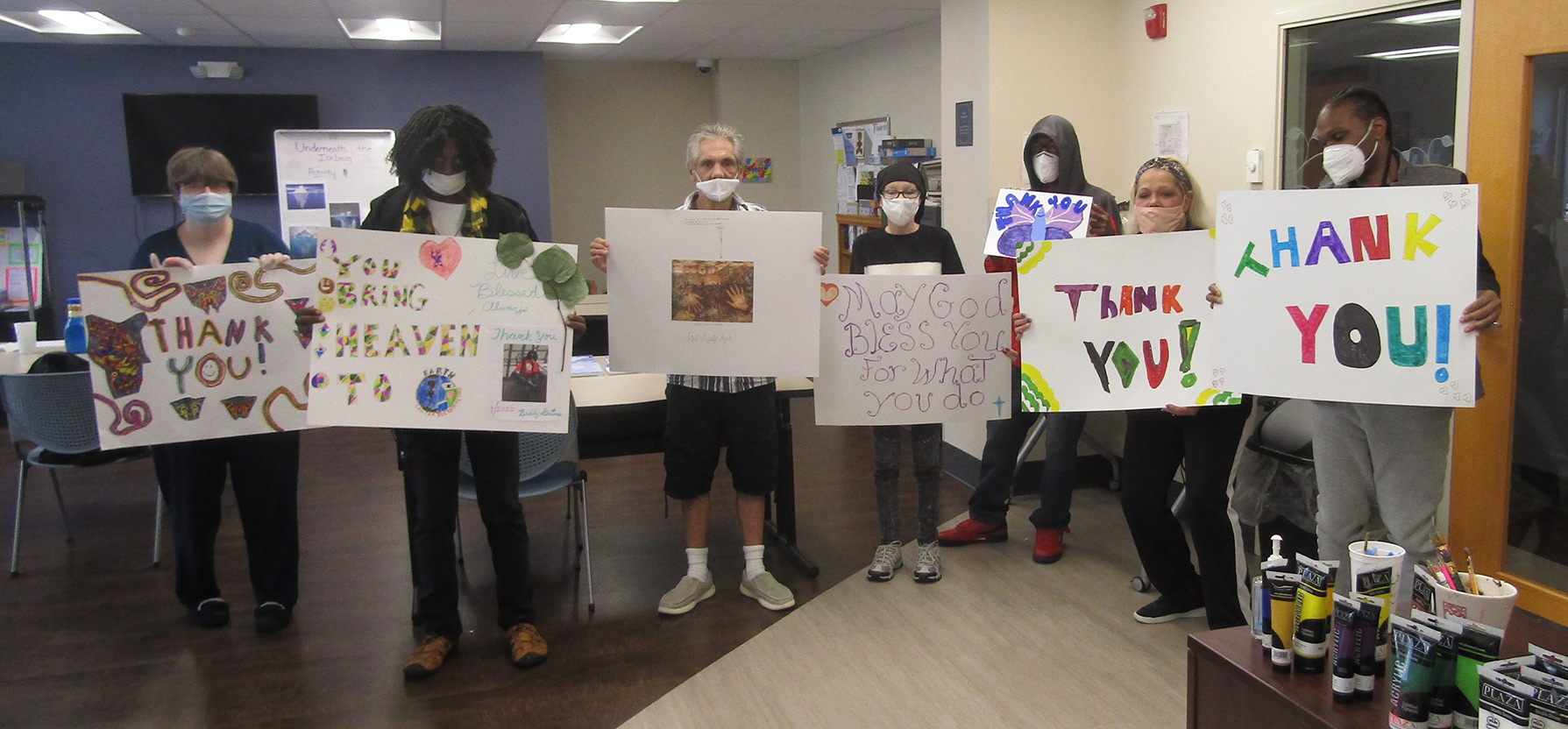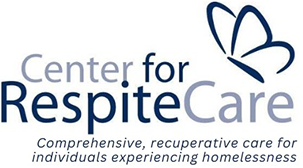
Ed Slater: Decades Caring for People Experiencing Homelessness
Ed Slater, our Chief Advancement Officer, comes to the Center with a firm foundation serving people experiencing homelessness. Ed was first a street outreach worker in 1982, and from that humble beginning, became a founding member of Tender Mercies in 1985.

Ed’s lifetime of working with the often forgotten and marginalized has ensured that he is sensitive, compassionate and caring, as well as a great champion for the Center’s values. He brings passion to his work – and in turn, inspires our donors, community groups, staff, and clients. He has also worked directly with the Franciscans on social justice and peace and was formerly a member of the Province of St John the Baptist.
At the Center, Ed assists in telling our story to the public.
“The core of telling our story is relationships with those who support us financially; both individual donors and various foundations who address health care or homelessness as part of their mission. I cultivate relationships. I am also involved with speaking engagements, civic, rotary, faith-based and educational organizations. During COVID I told our story virtually, and I am so excited and pleased at the community’s response to our needs during such a challenging time.”
Another passion for Ed is working with volunteers who support the agency in so many ways: from meals to supplies to lifting spirits with companionship, social interaction, pastoral counseling and even a therapy dog.
“We love our volunteers! They provide so much support and caring for our clients—another way to help clients see they are not alone, they are cared for by the bigger community, by people who are willing to share their struggles as well as their joy.”
The Center has a unique setting that also includes volunteers such as medical and social work students observing healing and medicine in the urban world. Ed coordinates these visits and others:
“Last week we had psychiatric residents from UC observe and participate with clients. We have an active volunteer base with activities that include learning. We have individuals (because of their profession) who want to contribute their time. This includes teaching topics such as money management or communication skills to our clients.”
Volunteers are often the backbone of our client service:
“I have had nursing students come and conduct programs on dietary issues. We are now able to have limited outside people on the unit again—masked and socially distanced. Even during lockdown our volunteers continued to be of support. We developed a drive through for food delivery. People brought meals and we met them at their cars. Volunteers have stepped right up.”
He believes that he is serving the public and greater good – in ways that align with his early training as a Franciscan.
“Where does somebody who is ill and experiencing homelessness go? They cannot just stay in the hospital and the shelters do not have the capacity to care for people who are as ill as our clients when they first arrive. I do have a wonderful opportunity for a broader perspective now, compared to my early days on the streets and in the field. I get observe clients improve and heal, as well as the tremendous dedication of our staff and that is gratifying. Our clients are amazing people. To see clients helping themselves…they get to feeling better and feel like they are being supported. This is a very gratifying thing.”

